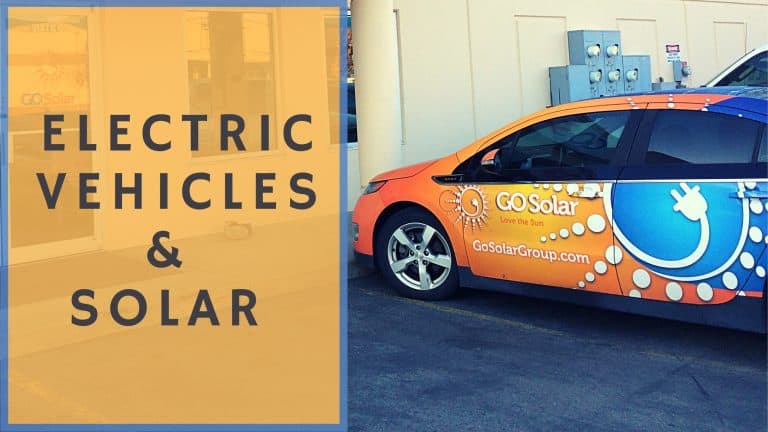Plug-in Hybrids, EVs and Residental Solar

The cost to commute adds up fast. In 2016, the average motor gasoline price expenditure per Utahan was $983. While COVID-19 has pushed 2020 gas prices down, they will go back up as people start returning to their offices to work.
In the past, gas prices have continued to climb. Today isn’t any different, because of the reopening of businesses, gas prices have already started to rise again.
In April, the national average price for gas decreased to a low of $1.80 per gallon. However, by June, it raised to an average of $2.10. Investing in a car that doesn’t need as much, or any, gas makes sense for commuters.
Utah Gas Savings of Electric Vehicles
With Utahans spending over $983 annually on gas, many have turned to electric cars. The main three EV types on the market include hybrids, plug-in hybrids and all-electric.
Hybrids allow customers to pay less for gas without needing to wait for the vehicle to charge. However, they still need gas to charge the battery and run.
Plug-in hybrids can use electricity or gas to charge the battery. All-electric cars eliminate the need for gasoline, serving a function much like solar energy by eliminating consumers’ dependence on nonrenewable energy sources.
Best Plug-in Hybrid Cars
There are several different models of plug-in hybrid cars. Some of the brands making plug-in hybrids include Audi, BMW, Chrysler, Ford, Honda, Hyundai, Jeep, Lincoln, Kia, Mini Cooper, Mitsubishi, Porsche, Subaru, Toyota and Volvo.
Plug-in electric cars have an electric range between 10 and 50 miles. However, when combined with gas, they can get between 46 and 100 plus miles per gallon.
All-electric Vehicles
All-electric vehicles have a range between 100 and 300 miles at 25 -30 kWh per 100 miles of charge, which means they have higher MPGe than plug-in hybrids. An all-electric car, on average, costs between $500 and $700 annually to fuel.
However, at Utah’s current electric rates, which are about 10 cents per kWh, it would cost between $400 and $600 per year instead of $983. This price difference offers Utahans’ potential yearly savings between $383 and $583.
Saving More With a Utah Solar Home
While electricity costs less than gasoline, it still adds up. Utah’s average residential electricity bill in 2018 came to $77.25, which equals 742 kWh.
Adding an electric car increases this bill by $400 to $600 per year, equaling about $33 to $50 per month.
While charging an all-electric car provides significant savings, these savings could increase with the addition of residential solar. The ROI of solar saves customers thousands of dollars on their electricity bills over the life of the solar array.
Calculating Solar Savings
The best way to determine the savings of residential solar comes from comparing solar quotes. A solar quote uses the annual usage of the home, installation factors, and local usage rates and incentives to determine the comparative cost of solar, which defines projected savings. However, a company solar savings calculator, like our Utah solar savings calculator, can help interested parties ascertain expectations.



Send a Message
Oops! We could not locate your form.